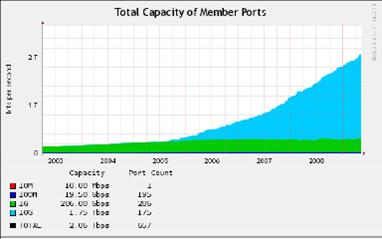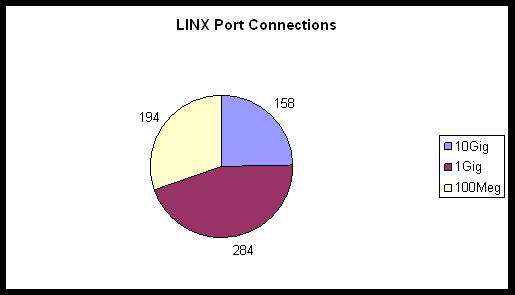Sometimes when someone is making a statement you just have to sit up and take notice. In this case LINX69 sponsors Prolabs have impressed by giving us hardware.com branded 4GB USB memory sticks. The new bar has been set.
Coincidentally I recently did a screen on all my kids’ USB sticks checking for viruses. They produced 14 of them for scanning ranging from 128MB (virtually useless these days) to a few 500MBs. One memory stick had a virus. Beware.
Anyway if any other vendors want an obective assessment of their marketing freebies you know where to send them:-).


